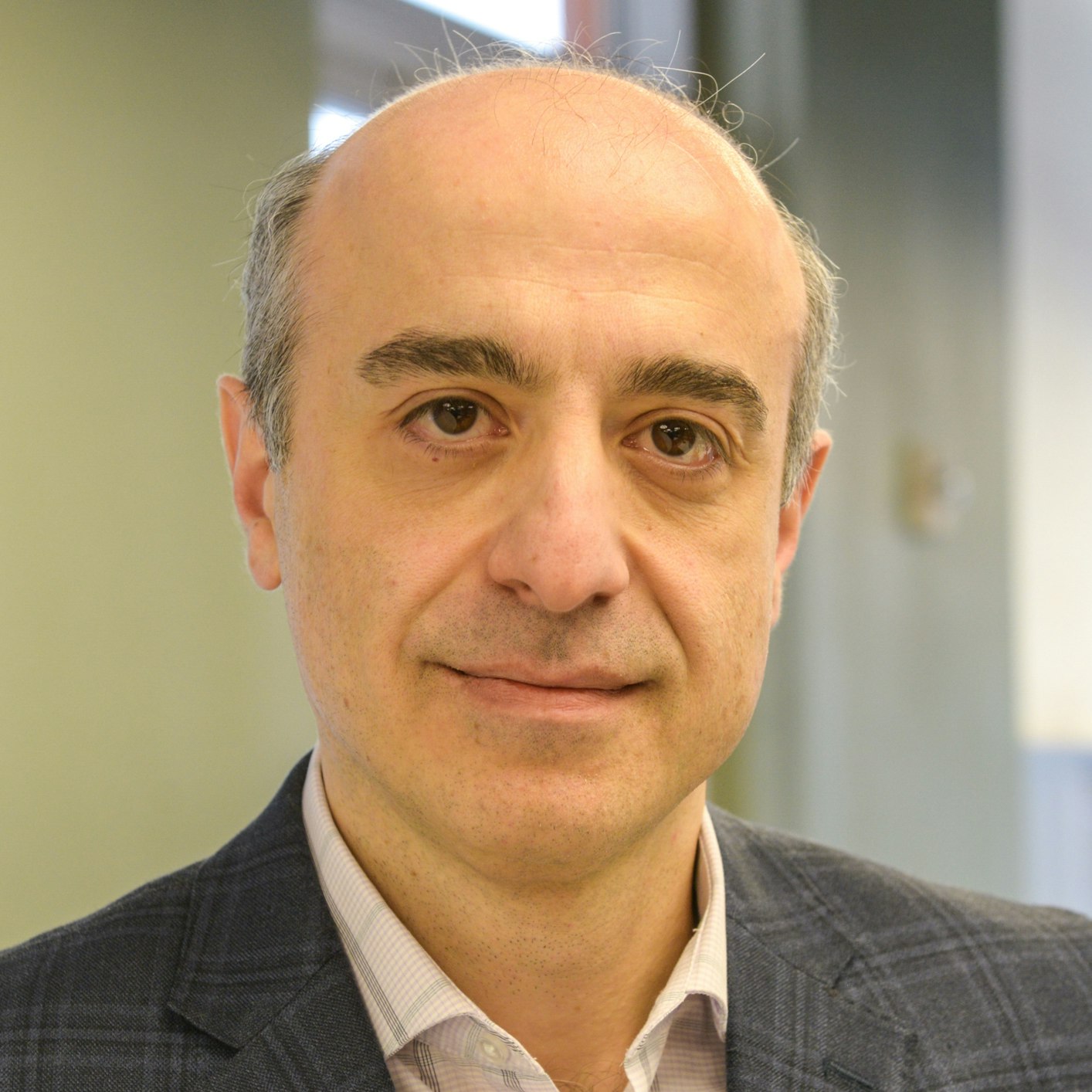How Paralegals Delivered Access to Justice in the Jails of Sierra Leone
By Marina Ilminska & Zaza Namoradze
In the overcrowded prisons of Sierra Leone, the majority of those held behind bars are awaiting trial—making up 59 percent of the country’s total prison population in 2014, according to World Prisons Brief. Very, very few of these detainees will ever see a lawyer. Left without legal advice, they are left to the vagaries of an underfunded and sometimes corrupt judicial system. Court hearings are frequently cancelled; case papers go missing; scheduled trips to court may be called off at the last minute because the police have no fuel for their truck. Even the most minor charges can result in people facing months or even years in pretrial detention, even though they present no threat to public safety.
Even if they had the money to pay for a lawyer, pretrial detainees in rural areas of the country would still be out of luck. Sierra Leone is one of the world’s poorest countries and has only around 400 lawyers serving its entire population of 5.7 million. Since nearly all of them are based in the capital, Freetown, the rural population, accounting for roughly two-thirds of Sierra Leone’s citizens, is left without access to traditional legal services.
In 2009, Timap for Justice started testing one possible solution for the lack of legal support in the criminal justice system, building on its work developing a network of community-based paralegals in rural areas of Sierra Leone. In partnership with the Open Society Justice Initiative, a new project started providing paralegals with basic criminal justice training, and then placing them in police stations, where they could work with police staff and fresh arrestees.
The project was set up in 2009 in three districts—Bo, Tonkolili, and Bombali—with a fourth site, Kenema, added in 2012, with the four together covering approximately a third of the country’s population. Three paralegals were assigned to each district, tasked with visiting police stations on a regular basis. During police station visits, they checked who was being brought in and why, cross-checking the police registry books. They sought to explain to those arrested how the system works and what their options might be, sometimes guiding them through the process of applying for bail if appropriate. At times the paralegals challenged the legality of arrests. Time and again the paralegals found themselves explaining to detainees that they had the right to bail, and explaining to both the detainees and the police that bail could be granted without paying a fee.
The process also highlighted the challenges of Sierra Leone’s two-tier bail system, under which police bail is revoked when a detainee shows up for a first court hearing; should the hearing be cancelled, or delayed, the defendant is automatically returned to prison and can only be freed on bail by the court, rather than the police—resulting in previously bailed suspects having to spend weeks or months in detention awaiting the delayed court hearing. Timap has been advocating for the reform of this system; in the meantime, its paralegals found themselves helping not only pretrial detainees, but also those who were now technically “under trial.”
The project managed to demonstrate that a relatively easy-to-setup and low-cost model can reduce excessive and prolonged pretrial detention, thus improving the administration of criminal justice. Paralegals managed to assist an average of 70 percent of the suspects detained by police; they secured bail in approximately half of those cases, and saw that charges were dropped in 28 percent of the cases handled. These results mean that more individuals were able to return to play a productive role in their communities and families while awaiting trial, rather than sitting in a potentially unhealthy overcrowded jail cell, exposed both to the resulting costs, as well as the risks of violence and ill-health.
Largely due to the success of Timap’s paralegals in both community-based and specialized criminal justice work, in 2012 Sierra Leone became the first African country to formally recognize the notion of paralegals as “primary justice service providers” in a new legal aid law.
The successes achieved by this program in Sierra Leone provided a template that can be taken to a national scale, when proper funding becomes available. Beyond Sierra Leone, the project provides a valuable example to the members of the United Nations currently debating new global sustainable development goals that will be presented to the UN General Assembly in September. Timap’s Sierra Leone work underlines the tangible benefits that access to justice can deliver to individuals and communities in the fight against extreme poverty.
Marina Ilminska is a policy officer for national criminal justice reform with the Open Society Justice Initiative.

Zaza Namoradze, director of the Open Society Justice Initiative’s Berlin office, oversees programs on legal capacity development, legal empowerment, legal aid reform, and access to justice.